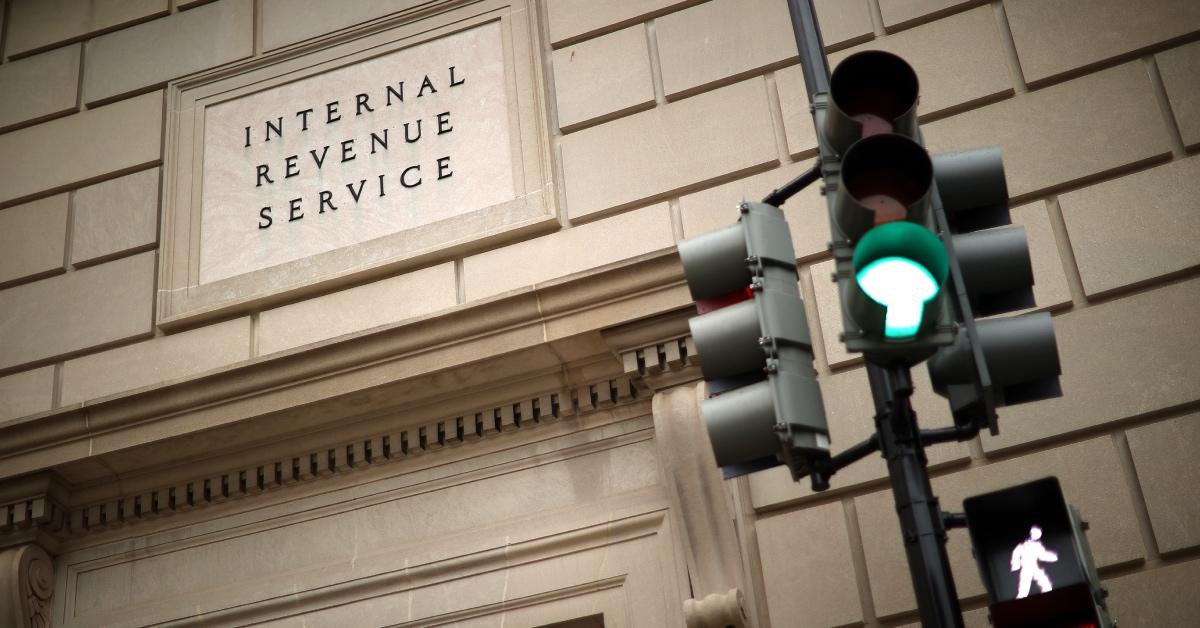Most States Allow You to Pay State Taxes Online — Follow These Simple Steps
We've unlocked the ultimate tax hack. You can pay your state taxes online. Follow these easy steps to pay your state taxes online.
April 26 2023, Updated 2:33 p.m. ET

The tax deadline generally falls on April 18, unless a holiday or weekend causes it to be postponed. But that doesn’t mean you should wait until the last minute to get those returns in, especially if you owe the government money.
If you’re in the unfortunate position that you owe taxes, the IRS offers several payment options that let you pay immediately or arrange to pay in installments. And the good news is, most states let you pay your state taxes online in just a few simple steps.
Read on to find out which states allow you pay your state taxes online (and those that don't) as well as how to complete the transaction. It's a quick and fairly simple process.
How do I pay my state taxes online?
The quickest and easiest way to pay your taxes is online. Most states allow you to pay your state taxes online through their independent Department of Revenue websites. You will be prompted to create an online account if you don't already have one.
Tennessee, Texas, Washington, and Wyoming are the only states that don't offer online state tax payments (bummer).
The IRS Direct Pay website allows you to pay your federal tax bill directly from your checking or savings account at no cost. You can either pay immediately or schedule payments up to 30 days in advance.
Once your payment is made, you will receive instant confirmation. You can also change or cancel a scheduled payment two business days before it's scheduled to go through.
Through the Direct Pay website, you can sign up to receive email notifications on your payment status.
You can also pay online with a credit card or debit card. Although the IRS doesn’t charge a fee for using a card, you might still be charged a convenience fee from the bank or financial institution that issued the card.

Can I pay my taxes through the IRS mobile app?
The IRS also has a mobile application, IRS2Go, that you can use to pay your tax bill via Direct Pay or by debit or credit card. If you are getting a refund on your federal taxes, you can track it with the mobile app and find out when it gets deposited in your account. The IRS2Go app is available for download from Google Play, the Apple App Store, or the Amazon App Store.
How do I pay my tax bill in monthly installments?
Taxpayers who can’t pay their tax bill immediately can apply to have the total amount broken down into monthly payments. To qualify for a long-term monthly installment tax payment plan, you must owe $50,000 or less in combined tax, penalties, and interest.
Taxpayers owing between $50,000 and $100,000 might qualify for a short-term payment plan of up to 120 days.
What tax scams are going around?
Over the past few years, many people have received calls threatening legal action from the IRS. These are fraudulent calls. The IRS will never call you if they have an issue with your taxes. You will be notified of any issues through the mail.
The IRS won't email you unless you’ve requested service, so be wary of email schemes trying to get access to your information or your money. If you do receive a suspicious email, don’t open any attachments or click on any links. Instead, forward the email as-is to phishing@irs.gov and then delete it.
If you make the mistake of clicking on a link in a suspicious email and entering your confidential information, contact the identity protection page of the IRS website immediately to find out what to do next.
